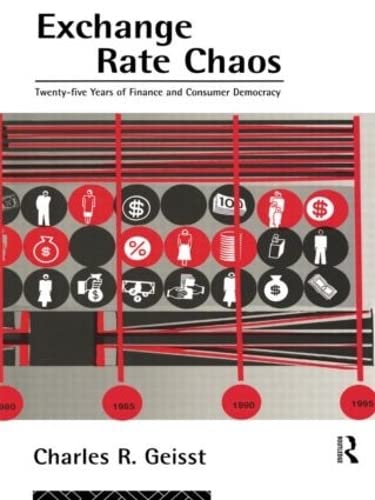Question
Harold was a broker-dealer who provided investment analyses of insurance company securities to institutional investors. In early 2015 Harold received information from a former officer
Harold was a broker-dealer who provided investment analyses of insurance company securities to institutional investors. In early 2015 Harold received information from a former officer of American Funding, Inc. (AFI) alleging that AFI was involved in fraudulent conduct. This former officer asked Harold to investigate, and if he agreed that the firm was guilty of these fraudulent practices, to make the information public. Harold personally investigated the firm and found evidence that it was, in fact, guilty of a number of fraudulent practices. While neither
Harold nor his investment firm dealt in AFI securities, Harold openly discussed his investigation and his opinions with a number of his clients and investors. Some of these clients and investors divested themselves of AFI securities worth more than $16 million before Harold broke the story.
During the course of Harolds investigation, word spread of what he had discovered and AFI stock fell from $26 per share to less than $13 per share. Shortly thereafter the Wall Street Journal published an article on the fraudulent conduct of AFI, using much of the information gathered by Harold and supplied to the Journal articles author. The SEC then began investigating Harolds role in exposing the fraudulent conduct. In its investigation the SEC determined that Harold had aided and abetted in violating various provisions of the 33 and 34 Acts by repeating his allegations of fraud to a number of investors who then divested themselves of AFI stock. Based on its investigation, the SEC censured Harold for his conduct.
Harold did not take advantage of any relationship with AFI to gain access to material inside information intended to be treated confidentially, nor did he take advantage of the information that he acquired to make any transactions in AFI securities. He owed no fiduciary duties to AFI.
Required: Based on these facts, should Harold be found in violation of either the 33 or the 34 Act? Be certain that you explain and justify your reasoning for the application of each of the statutes.
Step by Step Solution
There are 3 Steps involved in it
Step: 1

Get Instant Access to Expert-Tailored Solutions
See step-by-step solutions with expert insights and AI powered tools for academic success
Step: 2

Step: 3

Ace Your Homework with AI
Get the answers you need in no time with our AI-driven, step-by-step assistance
Get Started


